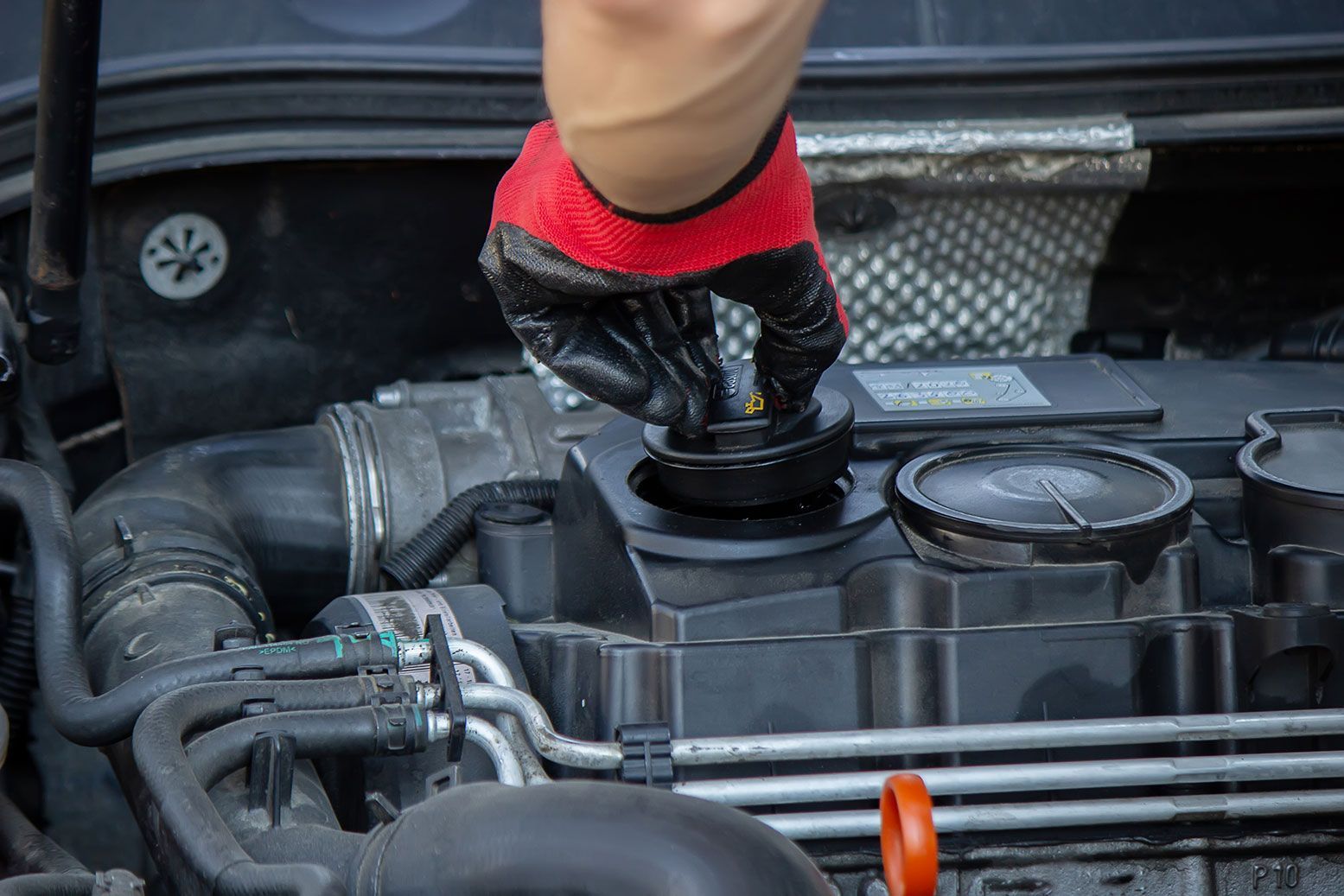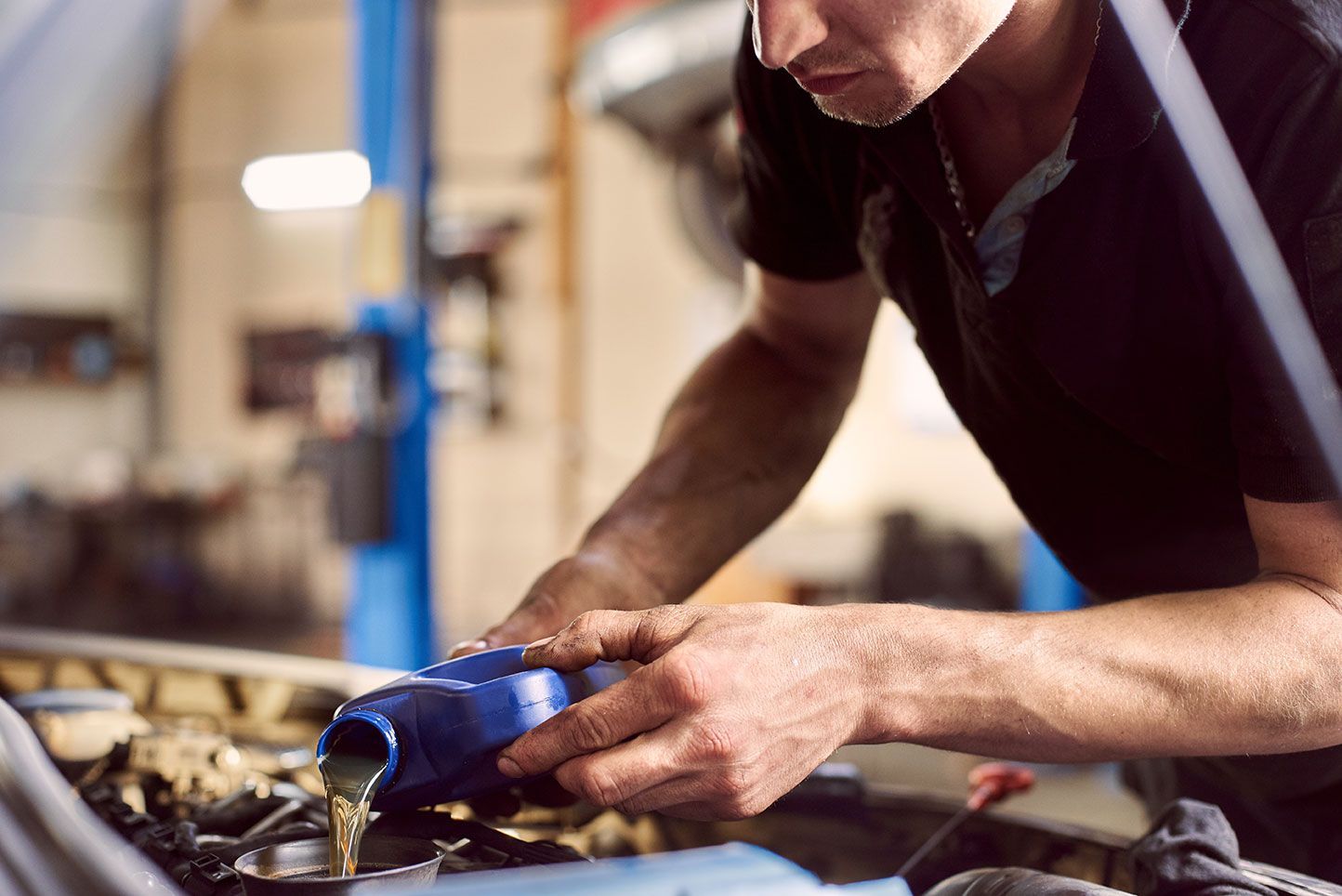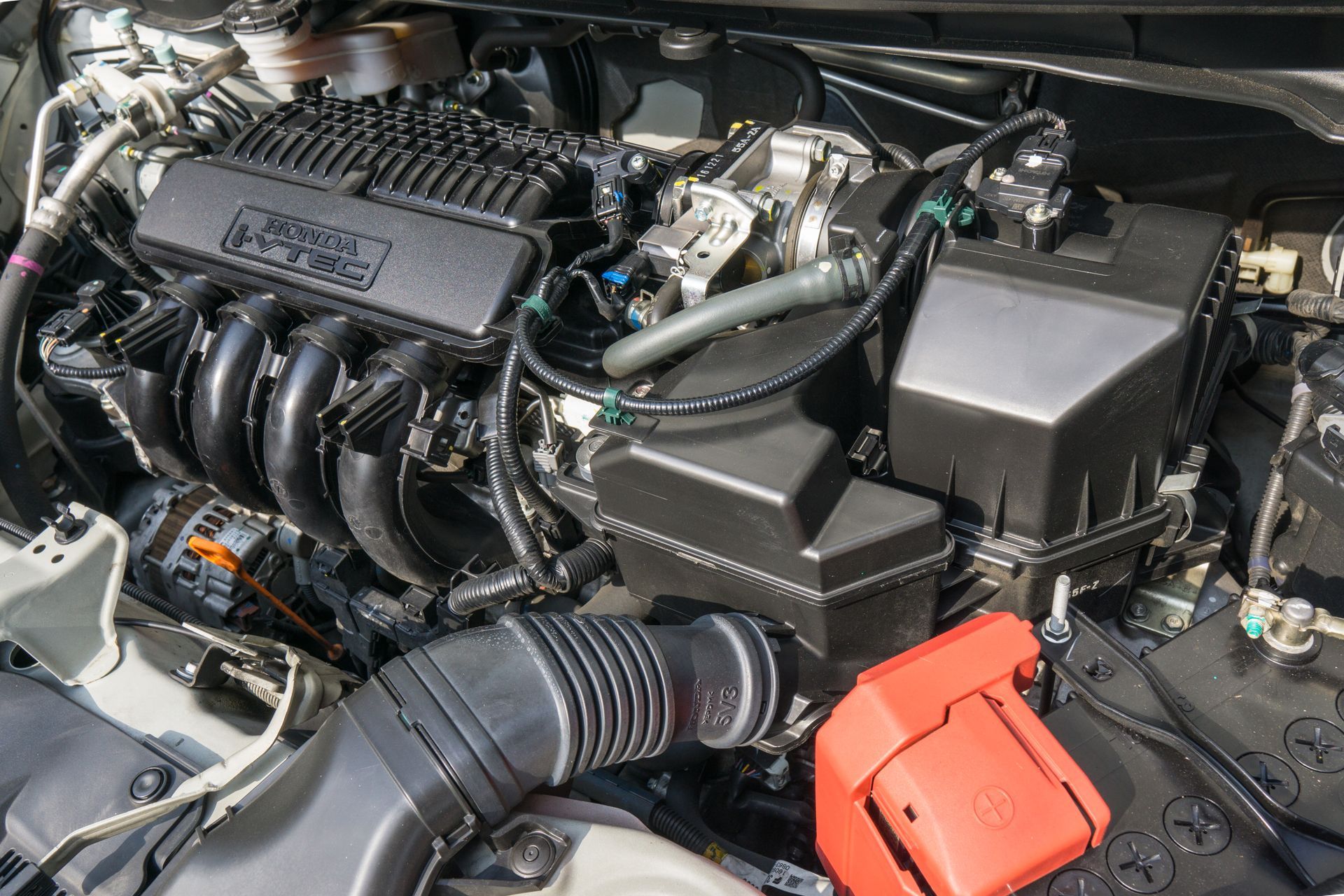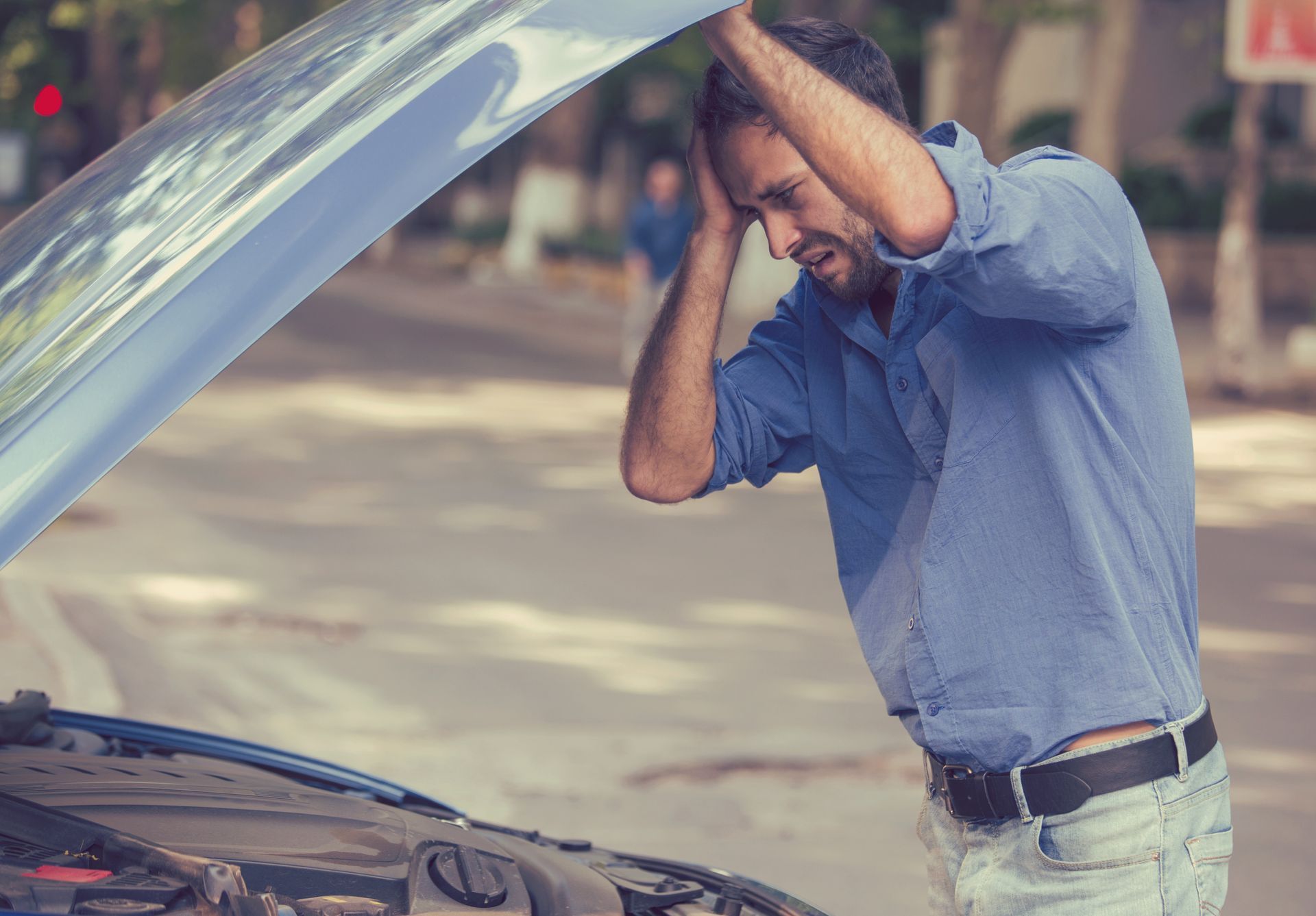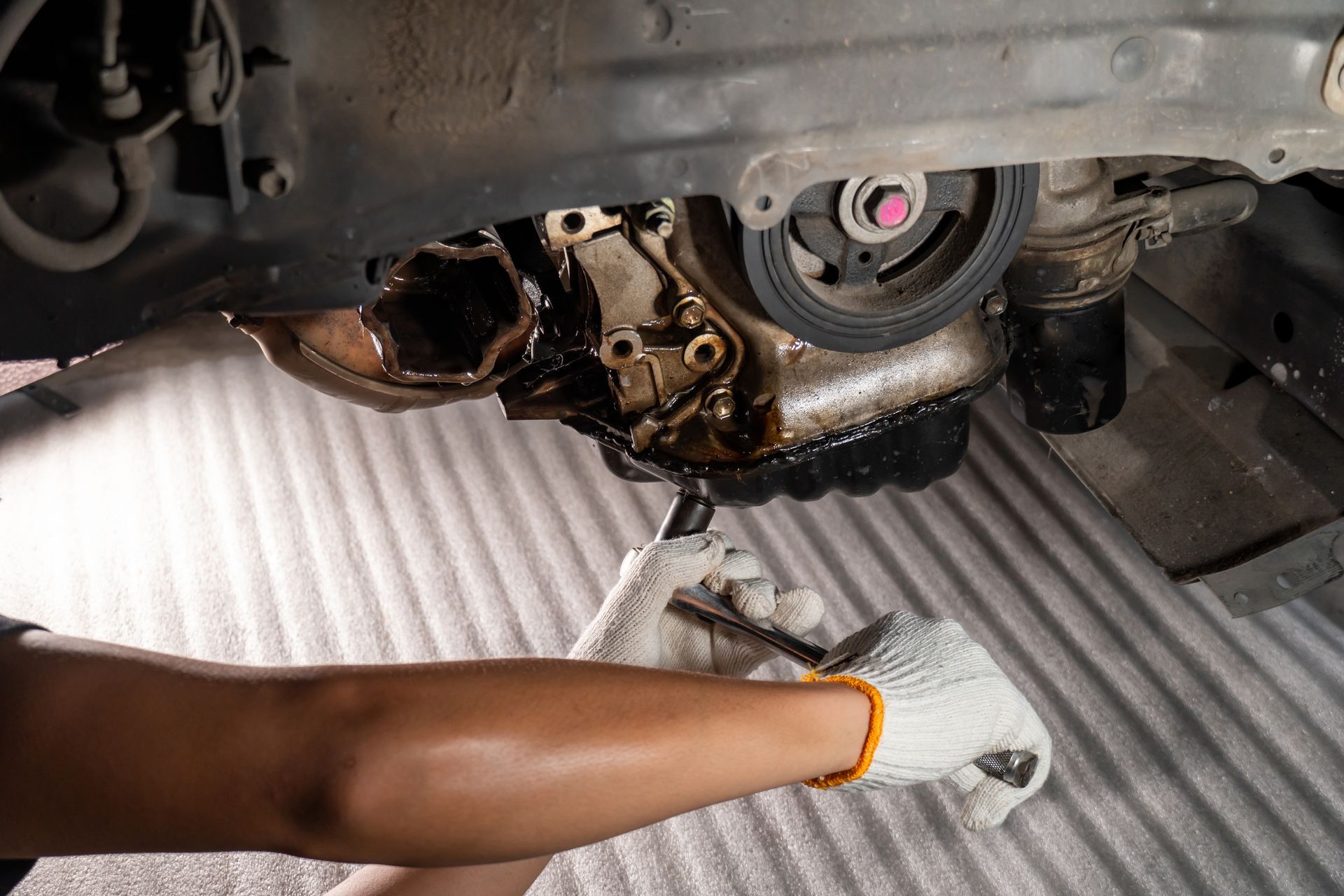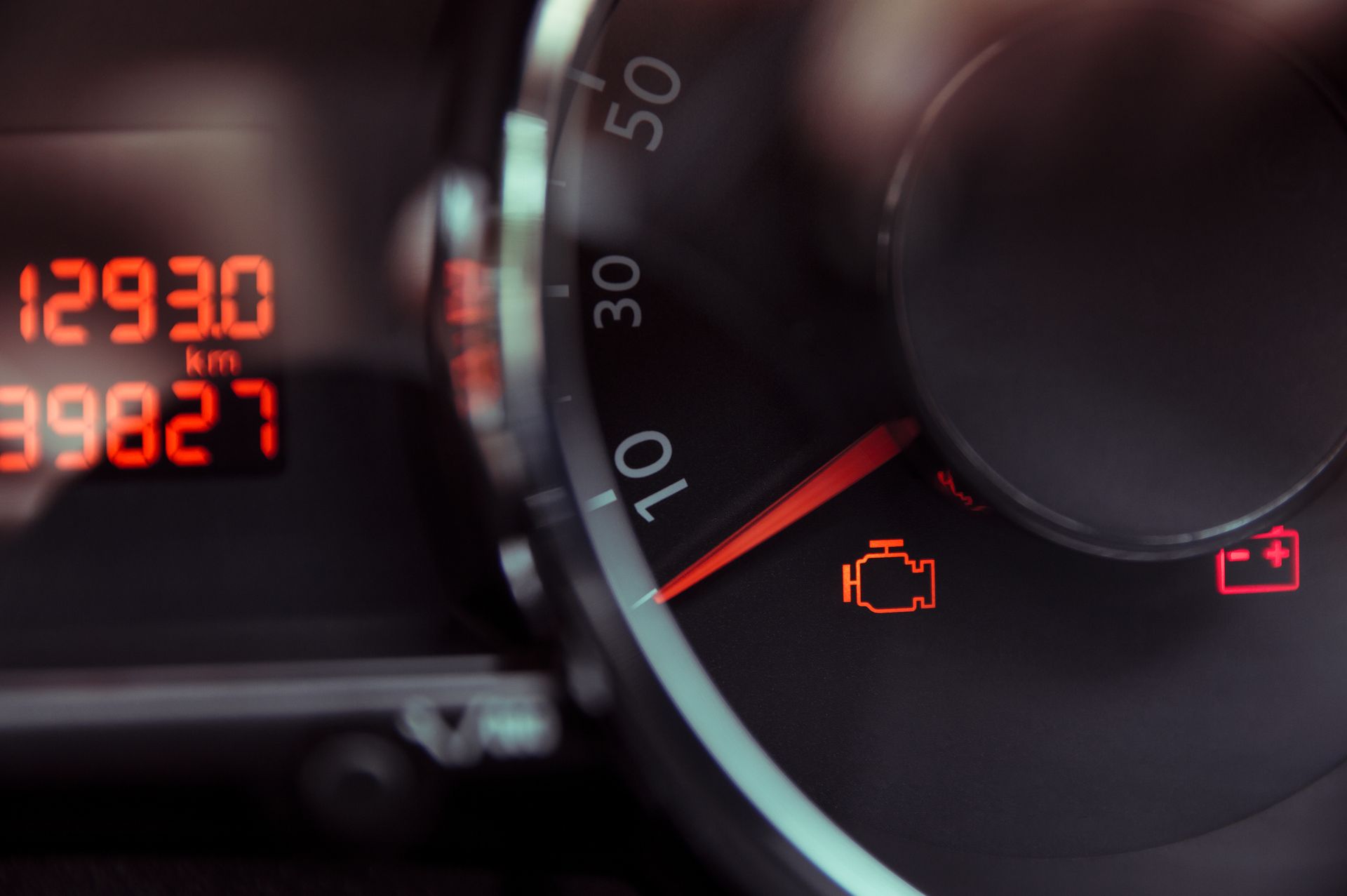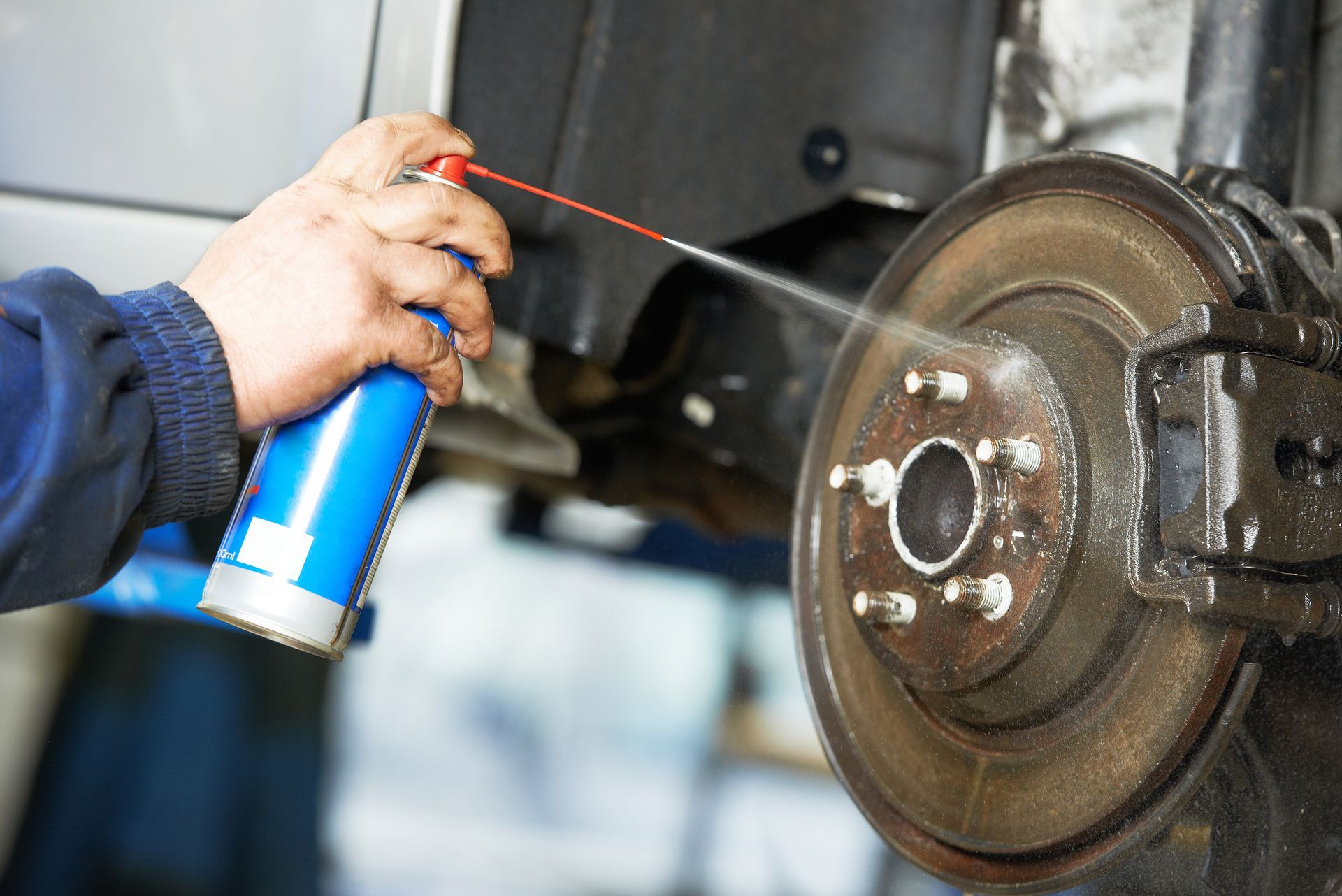Can I Use Regular Gas in My Premium Gas Car?
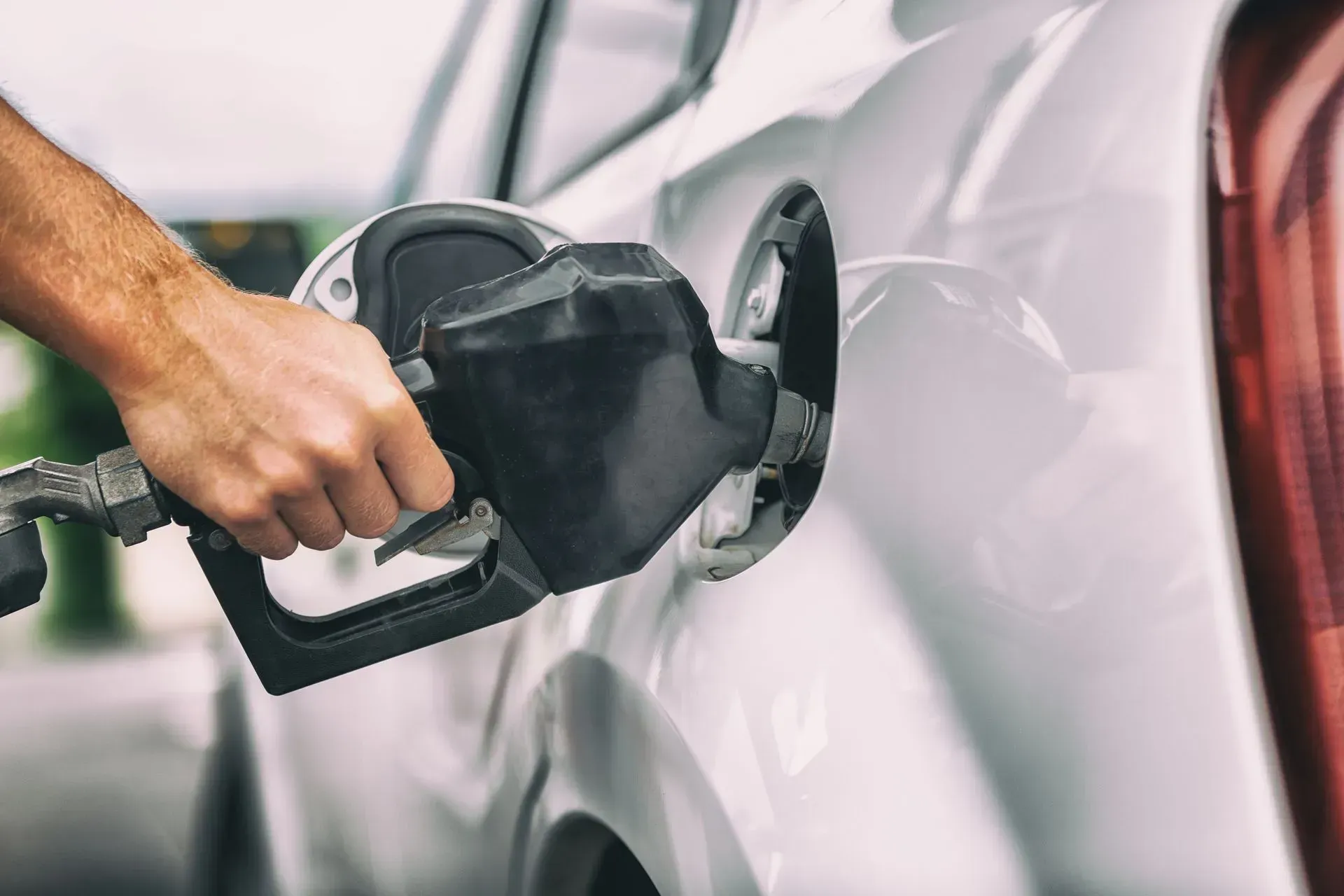
When you're at the gas station, you might find yourself debating: should you choose premium or regular gas? This question is particularly important for those who drive premium vehicles. Is it safe to use regular gas in a car that usually requires premium fuel?
This article will clarify this common question. We'll explain the differences between premium and regular gasoline and how each type interacts with your car's engine, particularly in high-compression engines found in many premium cars.
Knowing the potential risks and benefits of using regular gas in a premium car is crucial. This knowledge can help you make informed decisions, saving you money while keeping your car running smoothly. Let’s explore the details of premium versus regular gas.
Understanding Gasoline: Premium vs. Regular
Gasoline, the fuel that powers most vehicles, comes in different grades, mainly distinguished by their octane ratings. Regular gas typically has an octane rating of 87, while premium gas usually ranges from 91 to 93. But what does this mean for your vehicle?
The octane rating measures a fuel's resistance to knocking or pinging during combustion. Higher octane fuels are better at resisting knocking, which is vital for certain engines.
Here’s a brief comparison of premium and regular gas:
- Premium Gas: Higher octane rating (91-93), recommended or required for high-performance or luxury vehicles, more expensive.
- Regular Gas: Lower octane rating (87), suitable for most standard vehicles, less expensive.
Choosing between premium and regular gas affects your car’s performance and longevity. It's not just about the price at the pump. Understanding these differences is the first step to making an informed decision for your vehicle.
The Science of Octane Ratings and Engine Performance
Octane ratings indicate a fuel’s ability to resist 'knock'. 'Knock' or 'pinging' is a rattling noise that occurs when the fuel-air mixture in the cylinders detonates in more than one place at the same time. This can damage the engine’s cylinder walls and pistons. High-octane fuel, like premium gas, can withstand higher compression before detonating, preventing this harmful knocking.
In high-compression engines, typically found in high-performance or luxury vehicles, the air-fuel mixture is compressed more before ignition. This results in more power and efficiency but requires fuel that can handle the increased pressure. Using lower octane fuel in a high-compression engine can cause knocking, reducing engine performance and potentially causing damage over time. That’s why these engines often require or recommend premium gas.
High-Compression Engines and Premium Fuel
High-compression engines, common in premium cars, compress the air-fuel mixture more before ignition, resulting in more power and efficiency. However, this increased compression requires fuel that can withstand the pressure. That’s where premium gas comes in. Its higher octane rating means it can resist knocking even under high compression.
Using lower octane fuel in a high-compression engine risks engine knocking, which can reduce performance and potentially cause damage over time. That’s why high-compression engines often require or recommend premium gas.
Risks of Using Regular Gas in Premium Cars
Using regular gas in a car designed for premium fuel can lead to several issues. The most immediate risk is engine knocking, a rattling noise caused by premature ignition of the air-fuel mixture in one or more cylinders. Over time, engine knocking can cause significant wear and tear on engine components, potentially leading to engine damage and shortening your car's lifespan.
Additionally, using regular gas in a premium car can affect performance. You might notice slower acceleration or less smooth operation because the engine isn’t running as efficiently as it could with the right fuel. Furthermore, using the wrong fuel can void your car’s warranty. Many manufacturers specify the type of fuel in the owner’s manual, and ignoring these recommendations could lead to expensive repairs.
The Role of Fuel Injectors in Engine Performance
Fuel injectors are crucial to an engine’s performance. They deliver precise amounts of fuel into the combustion chamber for efficient ignition. In high-compression engines, often found in premium cars, the function of fuel injectors becomes even more critical. Ensuring the correct fuel injector is paired with the appropriate fuel type can optimize engine performance and prevent issues like engine knocking. Understanding the importance of fuel injectors helps car owners make informed decisions about fuel choices for their vehicles.
Can Your Car Adjust to Regular Fuel?
Modern cars come with engine control units (ECUs) that can adjust to different fuel types. These ECUs can change the timing of the spark plug to prevent engine knocking, meaning that using regular gas in a premium car might not cause immediate damage. However, this doesn’t mean it’s advisable to always use regular gas in a premium car. The ECU’s adjustments have limits, and over time, using lower octane fuel can still reduce performance and cause potential engine damage. While your car might adjust to regular fuel in the short term, it’s not a long-term solution. It’s best to use the fuel recommended by your car’s manufacturer.
The Role of the Owner's Manual and Manufacturer Recommendations
Your car’s owner’s manual is an essential resource, providing specific recommendations on the type of fuel to use. These recommendations are based on extensive testing by the manufacturer. Ignoring these guidelines can lead to reduced engine performance and potential damage and may also void your car’s warranty. This is especially true for premium cars requiring high-octane fuel. Always consult your owner’s manual before deciding on the type of fuel to use to ensure optimal performance and longevity for your car’s engine.


